

A colossal 7.7 magnitude earthquake rocked central Myanmar in March 2025, marking the strongest quake in over a century. What makes this event groundbreaking isn't just...


What made ribose the sugar of choice for life's code? Scientists at Scripps Research may have cracked a major part of this mystery. Their experiments show...
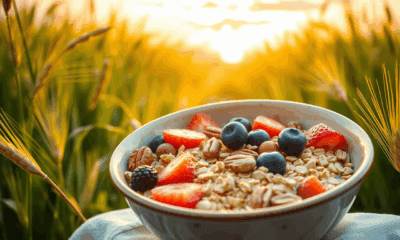

Scientists in Australia have uncovered the biological triggers behind oil production in oats, a discovery that could revolutionize how oats are processed and marketed. By using...
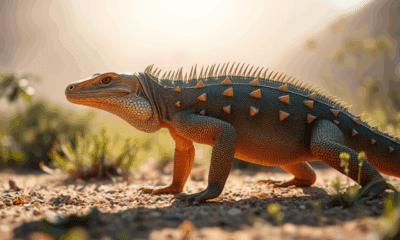

Scientists have uncovered hidden bony armor—called osteoderms—beneath the skin of 29 goanna species across Australasia, a discovery that radically changes what we thought we knew about...
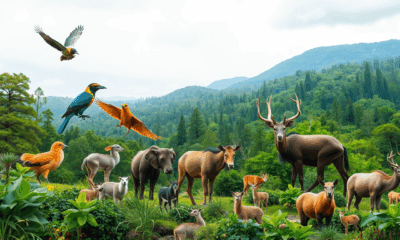

Gene editing may hold the key to rescuing endangered species—not just by preserving them, but by restoring their lost genetic diversity using DNA from museum specimens...
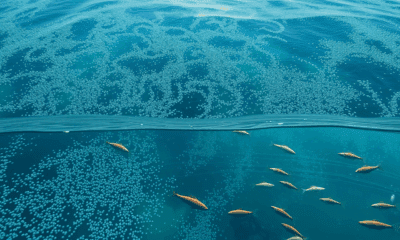

Millions of tons of plastic in the ocean aren't floating in plain sight—they're invisible. Scientists have now confirmed that the most abundant form of plastic in...
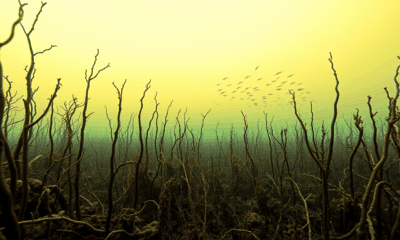

A scorching marine heatwave from 2014 to 2016 devastated the Pacific coast, shaking ecosystems from plankton to whales and triggering mass die-offs, migrations, and fishery collapses....


Beneath Yellowstone’s stunning surface lies a hyperactive seismic world, now better understood thanks to machine learning. Researchers have uncovered over 86,000 earthquakes—10 times more than previously...


Clear-cutting forests doesn’t just raise flood risk — it can supercharge it. UBC researchers found that in certain watersheds, floods became up to 18 times more...


Despite our strong belief in dogs' ability to sense good from bad in people, new research shows they may not actually judge human character, at least...